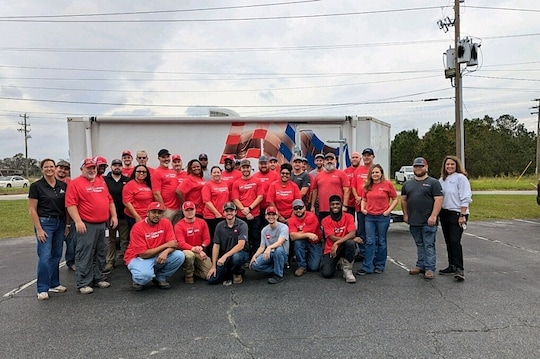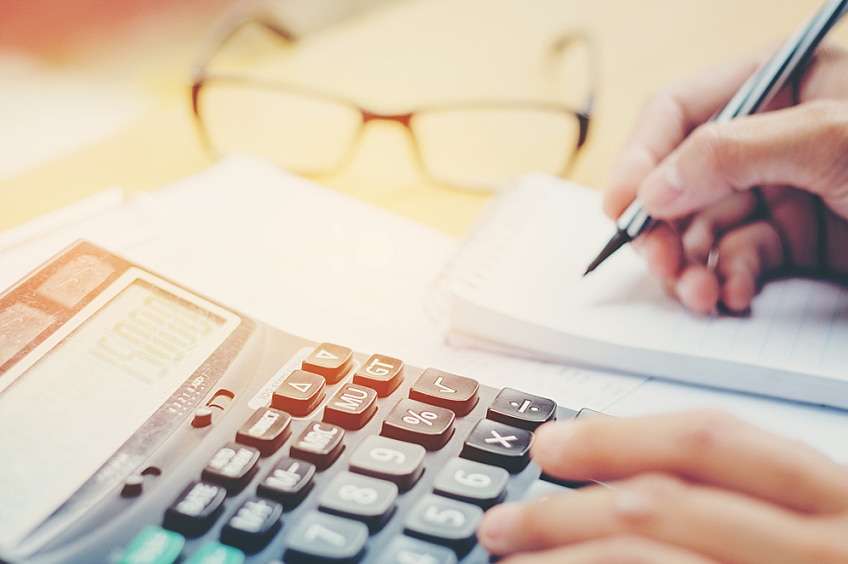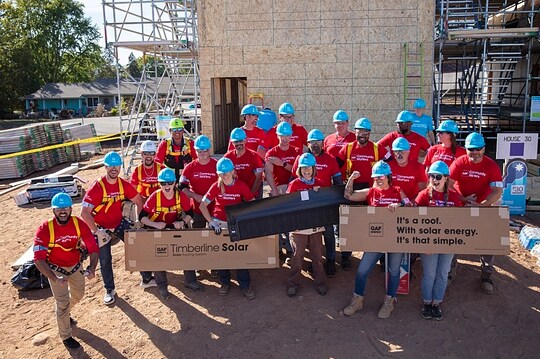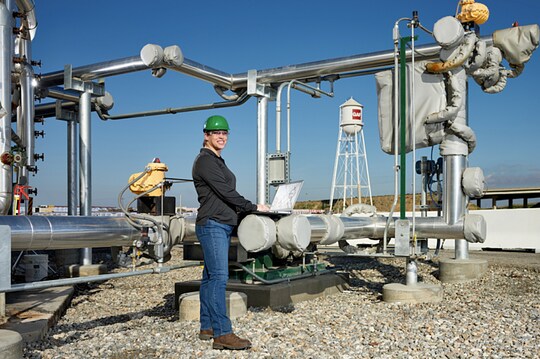
Je réalise que vous n'êtes pas un expert en impôts. Et je sais que les impôts ne sont pas le sujet le plus intéressant au monde. But if you're a nonresidential real property owner, you should learn about the Section 179 deduction. Under Section 179 of the tax code, you can deduct up to 1 050 000 $ in qualifying improvements — including roofs — in the year the property is placed into service.* So, why should you take the time to learn more about Section 179? Pour commencer, prendre avantage de cette déduction peut vous aider à économiser de l'argent sur les impôts pour votre entreprise. Ensuite, les économies potentielles sur les impôts donnent une bonne raison d'investir dans votre propriété. Alors, vous devriez en parler à votre conseiller financier ou à votre spécialise en préparation fiscale sur la façon de profiter de cette déduction.
If you're a roofer, then it's just as important that you know about the deduction. Why? Because you can alert your commercial customers to speak to their financial advisers or tax preparers about treating the roof as Section 179 property to take advantage of this deduction.
So, do you already know about Section 179? Maybe you do. But here are a few things about it that you might not know.
1. You may be able to deduct the cost of your new commercial roof.
If you decide to completely replace the roof on your commercial building, you may be able to take a deduction of up to 1 050 000 $ for the cost of that new roof. Most businesses will qualify for this deduction, but there are certain limitations. For instance, the deduction begins to phase out after a total of 2 620 000 $ is spent on eligible purchases during the taxable year, and is completely phased out once you've spent 3 670 000 $ on eligible purchases. But, because Section 179 allows nonresidential real property owners to deduct the cost of a new roof (up to -1 050 000 $ as soon as it's put "into service," you can elect to take this deduction for the taxable year that the work on your new roof is complete and the roof is deemed functioning, even if you have not fully paid for the new roof yet. (Be aware, however, that your Section 179 deduction is also limited to your business' net income for the year-you can't deduct more money than you made.)
2. You may be able to write-off the cost of your old roof.
If you're replacing your existing roof, you may be able to get an additional tax benefit by writing off the cost of your existing roof. That means the amount remaining on your books representing the original cost of your existing roof, less accumulated depreciation, can be taken off your books as a loss. So, in addition to electing to take a deduction for the new roof, you may also be able to lower your taxes as a result of any loss from writing off your existing roof.
3. You may be able to deduct the cost of your roof repairs.
Even if you decide not to get a new roof and therefore are not eligible for a deduction under Section 179, you still may be able to deduct the cost of repairing your existing roof. You would have to capitalize and then depreciate any costs that improve the value of a roof. But the IRS defines routine maintenance as something that "keeps your property in a normal and efficient operating condition." So if you're spending money for things like replacing shingles or fixing a hole, you can generally take a deduction for those expenses in the year they're incurred. Please note, however, that roofing does not qualify for a bonus depreciation deduction.
I know, all this tax stuff is boring. But understanding these rules may help your company save money. That's not boring at all. In fact, it's very, very interesting.
NOTE: This blog was written by a third party writer and is designed to provide general information regarding the subject matter covered. It is not intended to serve as legal, tax, or other financial advice related to a particular situation. Because each company's legal, tax, and financial situation is different, specific advice should be tailored to the particular circumstances. For this reason, you are advised to consult with an attorney, CPA, and/or other advisor regarding your company's specific situation. GAF ne garantit pas l'exactitude, la fiabilité et l'exhaustivité de l'information. En aucun cas, GAF ne sera tenue responsable des erreurs ou omissions dans le contenu, ou des résultats, dommages ou pertes causés par l'utilisation du contenu ou le fait de s'y être fié, ou liés à ceux-ci.
*This deduction only applies to property placed in service in taxable years beginning after Dec. 31, 2017. Additionally, the property must be used more than 50 % in your business. An asset that is primarily for personal use but occasionally used for the business isn't eligible for a Section 179 deduction.



